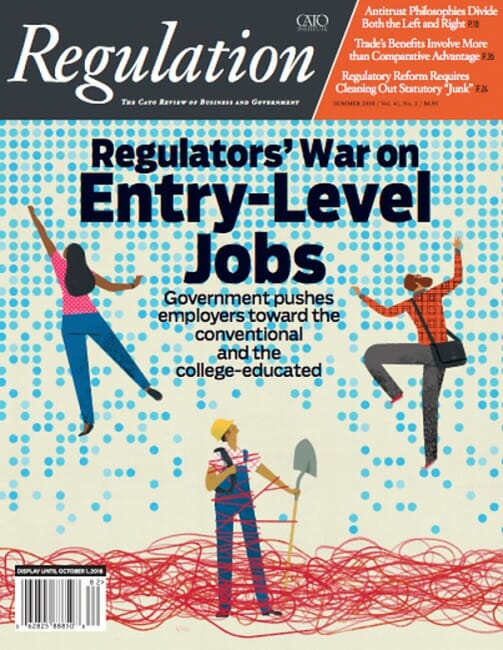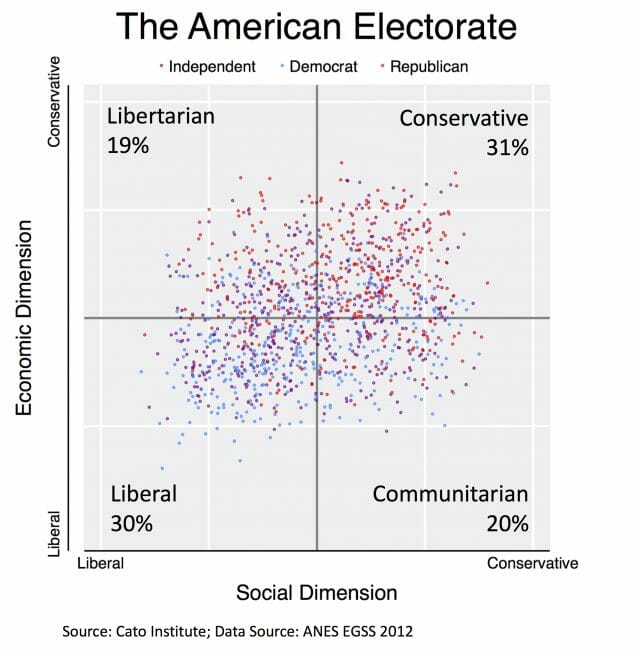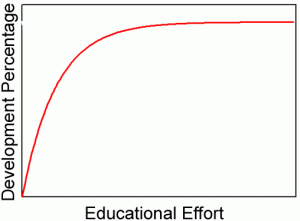Tesla Predictions Secured
I had dinner last night with my old college roommate Brink Lindsey and he even sort of rolled his eyes about my recent Tesla obsession, so I really really will try to make this the last post for a while. However, I have to count coup on a few accurate predictions I made last week here and here.
First, I said, in reference to how Musk can bail himself out of his "funding secured" tweet when it has become clear this is not the case:
So what can Musk do? Well, the first defense might be to release a statement like "when I said funding secured, I was referring to recent conversations with ______ [fill in blank, maybe with Saudis or the Chinese, call them X] and they told me that if we ever were looking for funds they would have my back." This is probably the best he could do, and Tesla would try to chalk it up to naivete of Mr. Musk to accept barroom conversation as a firm commitment. Naivite, but not fraud. I don't have any experience with the Feds on this kind of thing but my guess is that the SEC would expect that the CEO of a $50 billion public company should know the rules and legally wasn't allowed to be naive, but who knows, the defense worked for Hillary Clinton with her email servers.
Recently, after the Saudi fund bought almost 5% of Tesla stock through the public markets, they reached out to ask for another meeting. That meeting took place on July 31st. During the meeting, the Managing Director of the fund expressed regret that I had not moved forward previously on a going private transaction with them, and he strongly expressed his support for funding a going private transaction for Tesla at this time. I understood from him that no other decision makers were needed and that they were eager to proceed....
I left the July 31st meeting with no question that a deal with the Saudi sovereign fund could be closed, and that it was just a matter of getting the process moving. This is why I referred to “funding secured” in the August 7th announcement.
Of course the Feds probably expect "funding secured" to mean a signed term sheet (which does not exist) accompanied by an 8-K (which STILL has not been issued). I then said in my prediction:
But this defense is MUCH MUCH better if, in the next day or so, Tesla can announce a deal with X on paper with signatures. Then Musk can use the same defense as above but it has much more weight because he can say, see, they promised funding and I believed them when they said they had my back and here they have delivered.
And today we learn:
But was the funding really secured? Apparently not, because in the very next paragraph Musk writes that "following the August 7th announcement, I have continued to communicate with the Managing Director of the Saudi fund. He has expressed support for proceeding subject to financial and other due diligence and their internal review process for obtaining approvals. He has also asked for additional details on how the company would be taken private, including any required percentages and any regulatory requirements."
Hmmm. So basically Musk had a chat with the Saudis that did not include any due diligence, any percentages, or anything about the structure of the transaction and nothing has been submitted formally to the Saudis for the required review and approval. The Feds would never accept this BS from an unpopular CEO like, say, Jeff Skilling. It remains to be seen whether they will really go after cultural icon Musk.
Finally, I predicted the odd and relatively unprecedented transaction that Musk likely envisioned:
Here is what I think Musk wants -- he wants an LBO without any actual change in ownership. Basically he wants to create Tesla New, which will be private and not trade on the markets. He is hoping that all his current fanboy shareholders will exchange a share of Tesla for a share of Tesla New. Musk has already said he will do this with his 20%. In the extreme case, if every current shareholder wants in on the new private company, then no capital at all is needed for the LBO. Musk might admit that perhaps a billion or two are needed to buy out the few recalcitrants at $420, and then all the Tesla fanboys can enjoy short-seller-free illiquidity
There was no way that Musk could expect to raise $70-$80 billion ($420 times the float) or to run an already cash-starved business with that much debt. The only way to imagine this is if the buyout was only of a small percentage of owners. And sure enough, here is Musk this morning:
Therefore, reports that more than $70B would be needed to take Tesla private dramatically overstate the actual capital raise needed. The $420 buyout price would only be used for Tesla shareholders who do not remain with our company if it is private. My best estimate right now is that approximately two-thirds of shares owned by all current investors would roll over into a private Tesla.
I won't comment on whether this is possible because I don't know enough about security laws. I have been told that the SEC would likely frown on a private company with no public disclosures that has thousands or even millions of individual shareholders, but again, I don't know.
I find it amazing that anyone would want to stay in on this basis, but like Musk, the Tesla fan-boys seem to care more about burning the shorts than the quality of their own long investment in Tesla. How can moving your small (percentage-wise) investment in Tesla from being exchange-traded to being locked up in a private company possibly be an improvement? Today your investment has total liquidity (you can sell any time), it has massive 3rd party scrutiny and accountability, and it has real-time price discovery. You would lose all of that in a private company. You can only sell when Musk lets you sell and at the price he chooses to give you based on whatever company information he chooses to release. Choosing the private option as a minority shareholder is like saying that you would rather hold non-refundable airline tickets than fully refundable ones.
Postscript: I am new to the world of short-selling fights, as I am not really an active investor and just got sucked into watching Tesla because I found it interesting. But wow, the tribalism of politics sure has leaked into the investment world! In tribal politics, we see people more motivated by hatred of the other tribe than by making progress on their own tribe's goals. This same kind of "reasoning" seems to dominate a lot of the Tesla long-short battle.
Update: Here is a new prediction. For a while Elon Musk has claimed he will not have to raise capital this year. Everyone basically looks at his numbers and thinks he is nuts. What's more, given his $50 billion equity valuation currently, he SHOULD be raising capital now while his stock is high and thus his cost of capital is low.
But one way to look at this is if he raises $20 billion in equity to buy out the 1/3 he thinks will want the cash rather than the new stock, he could easily just make that $22 billion so the company has an extra $2 billion in operating cash and thus raise capital this year without it looking like he violated his promise not to raise capital.




